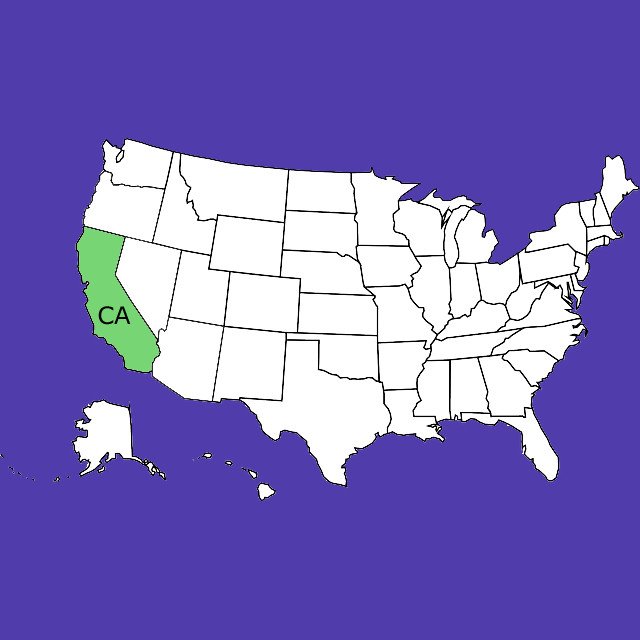Authored By: Ken Ford, Esq., LLM

Kennethfordlaw@gmail.com
We can all agree since the first states, Colorado and Washington, began to legalize marijuana use we were patiently waiting in-line for the approval of cannabis bars and lounges. But it has been years and unchanged laws that has prevented us from socially smoking with our friends outside of our homes.
California looks to be the first state to change that and tap into a need in the cannabis market.
California’s Governor, Jerry Brown, seeks to unify the state’s recreational and medical cannabis laws with the legislative bill entitled, “Medicinal and Adult-Use Cannabis Regulations and Safety Act.”
The bill is a merging of existing California medical marijuana laws and the 2016 state initiative legalizing recreational use under the Control, Regulate, and Tax Adult Use of Cannabis Act (AUMA). California’s bill also seems to be an attempt by the state to make a name for itself in the cannabis industry, with 20 different types of cannabis business licenses.
California is creating more avenues, opportunities, and business models for entrepreneurs to invest into the state’s cannabis economy, if passed by the state legislature. And the opportunity to partake in Cali’s cannabis commerce will be for all with the deletion of the residency requirement (as proposed).
The draft bill’s laws and language shows the state’s support of the cannabis market and creates a new lane for delivery services and smoking lounges. Subtle changes in the laws are even appealing to all segments of the industry. For example, section 26054(c) of the bill proposes to allow manufacturers of cannabis accessories (pipes, vapes) to possess, transport, purchase, and test cannabis for research and quality assurance.
The Governor’s proposal allows for multiple cannabis licenses to be held by one business owner. For example, if passed, a business could be a retailer and a distributor of cannabis in California. This will allow for a business model where you are able to sell cannabis and transport/deliver to your customer.
Whereas, a business plan of this sort is illegal in Washington because of a retailer being prohibited to deliver and hold a transportation license. A consolidated or all-in-one approach to holding multiple licenses is through a “microbusiness” license. “A microbusiness is authorized to engage in activities in four market segments: cultivation, manufacturing using non-volatile solvents, distribution, and retail.” This bill is allowing for flexibility in business structures and operations, not seen in Colorado and Washington. It could be argued that California purposely created the “microbusiness” license in mind for the delivery cannabis service. Because under Section 26070.5(a), deliveries generally may only be made by a licensed retailer or microbusiness.
Regardless of the purpose behind the microbusiness license it provides new pathways to marijuana unchartered by the ones who came before. And California is protecting these new pathways with laws prohibiting cities and counties from preventing delivery of cannabis on public roads by a proper license holder under Section 26070. Moreover, the proposal is forward thinking and is preparing for much of these sales to be online and not in a storefront.
Under Section 26200, the draft bill gives cities and counties the authority to allow smoking, vaporizing, and ingesting of cannabis on the premises of a retailer or microbusiness. This will allow for potential business owners to create cannabis-smoke lounges and cannabis infused restaurants.
Potential concert spots could be a cannabis license holder too and allow fans to freely smoke and enjoy their favorite artists. One major problem in the law is that alcohol or tobacco is not allowed to be sold or consumed on the same property.
California lawmakers will soon vote on the life and death of this proposed bill. If passed, we could see California sucking the revenue, market, life, and shine out of other states who birthed recreational cannabis. And as we all know, the world spoils the one that comes last and learns from its older siblings’ mistakes (Colorado, Washington).
The bill encourages business owners to be creative, smart, and innovative in their business plans and models. Laws and states that help an industry and its people succeed will ultimately reward itself.
Paraphrasing a quote from the California Governor’s bill: Overly restrictive laws stifles new business models and does not enhance public and consumer safety.





